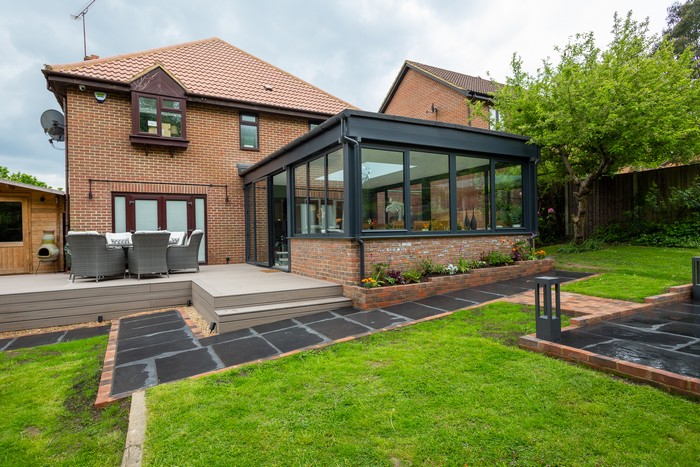House extensions can be an excellent way to add space, functionality, and value to your home. However, before embarking on such a project, it’s crucial to understand the legalities involved. From planning permissions to building regulations, there are several factors to consider to ensure your extension, whether that’s a kitchen, double, or single-storey extension, complies with the law. In this practical guide, we’ll explore the key legalities associated with house extensions, helping you navigate the process smoothly.
Planning Permission
One of the first legal aspects to address when planning a house extension is obtaining the necessary planning permission. This permission is required for significant alterations that affect the external appearance of the property. While some small extensions may fall under permitted development rights, larger extensions usually require planning permission from the local planning authority. It’s essential to check with your local authority or consult an architect to determine whether planning permission is needed for your specific project. Also estimating your renovation project is essential for budget planning purposes.
If you’re interested in finding out more about Builder Registration make sure you check out Builder Registration.
Building Regulations
Apart from planning permission, adherence to building regulations is vital for any house extension. Building regulations ensure that the construction work meets the required safety and quality standards. These regulations cover various aspects, including structural stability, fire safety, energy efficiency, ventilation, electrical installations, and drainage. To comply with building regulations, you may need to submit detailed plans and obtain approval from the building control department before commencing the construction.
Party Wall Agreement
If your house extension involves work on or near a shared wall (party wall) with your neighbour’s property, you may need to establish a party wall agreement. This agreement sets out the rights and responsibilities of both parties and protects the interests of all involved. It is crucial to consult a party wall surveyor to ensure compliance with the Party Wall etc. Act 1996 and to handle any potential disputes professionally.
Conservation Areas and Listed Buildings
If your property is located within a conservation area or is a listed building, additional legal considerations come into play. Conservation areas aim to protect the architectural and historic significance of a particular area, while listed buildings are protected due to their historical or architectural value. In such cases, you may need to obtain additional permissions or follow specific guidelines to ensure your extension preserves the character and integrity of the surrounding environment.
Neighbour Consultation Scheme
For larger house extensions that fall under the “Neighbour Consultation Scheme,” you must notify adjoining neighbours about your proposed plans. This scheme is applicable when the extension exceeds specified limits and affects the rights of neighbouring properties to light. Giving notice to neighbours provides them with an opportunity to raise any concerns they may have about your extension. It’s crucial to maintain open communication and address any valid objections during this process.
Health and Safety
Throughout the extension project, it’s essential to prioritize health and safety. Ensure that your construction site adheres to all necessary health and safety regulations, including proper use of personal protective equipment (PPE), safe working practices, and adequate signage. This not only protects the workers but also minimizes risks to others, such as family members and passers-by.
House extensions offer numerous benefits but navigating the legalities involved can be daunting. Understanding the key legal aspects, such as planning permission, building regulations, party wall agreements, conservation area restrictions, neighbour consultation, and health and safety requirements, is crucial to ensure a smooth and legally compliant extension project.
By consulting with professionals, such as architects, surveyors, and planning authorities, you can confidently undertake your house extension, knowing that you have considered and fulfilled all the necessary legal requirements. Remember, compliance with the law not only safeguards your interests but also contributes to the overall safety, quality, and integrity of your home extension.
Head over to Carlisle Homes if you’d like to know more about home builders.







